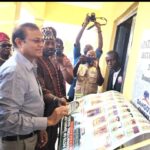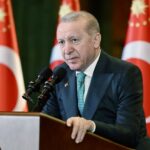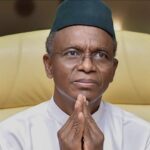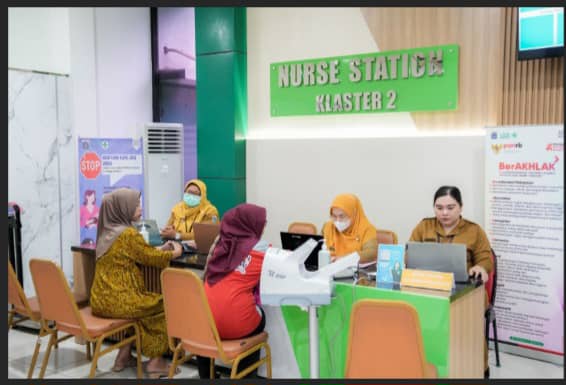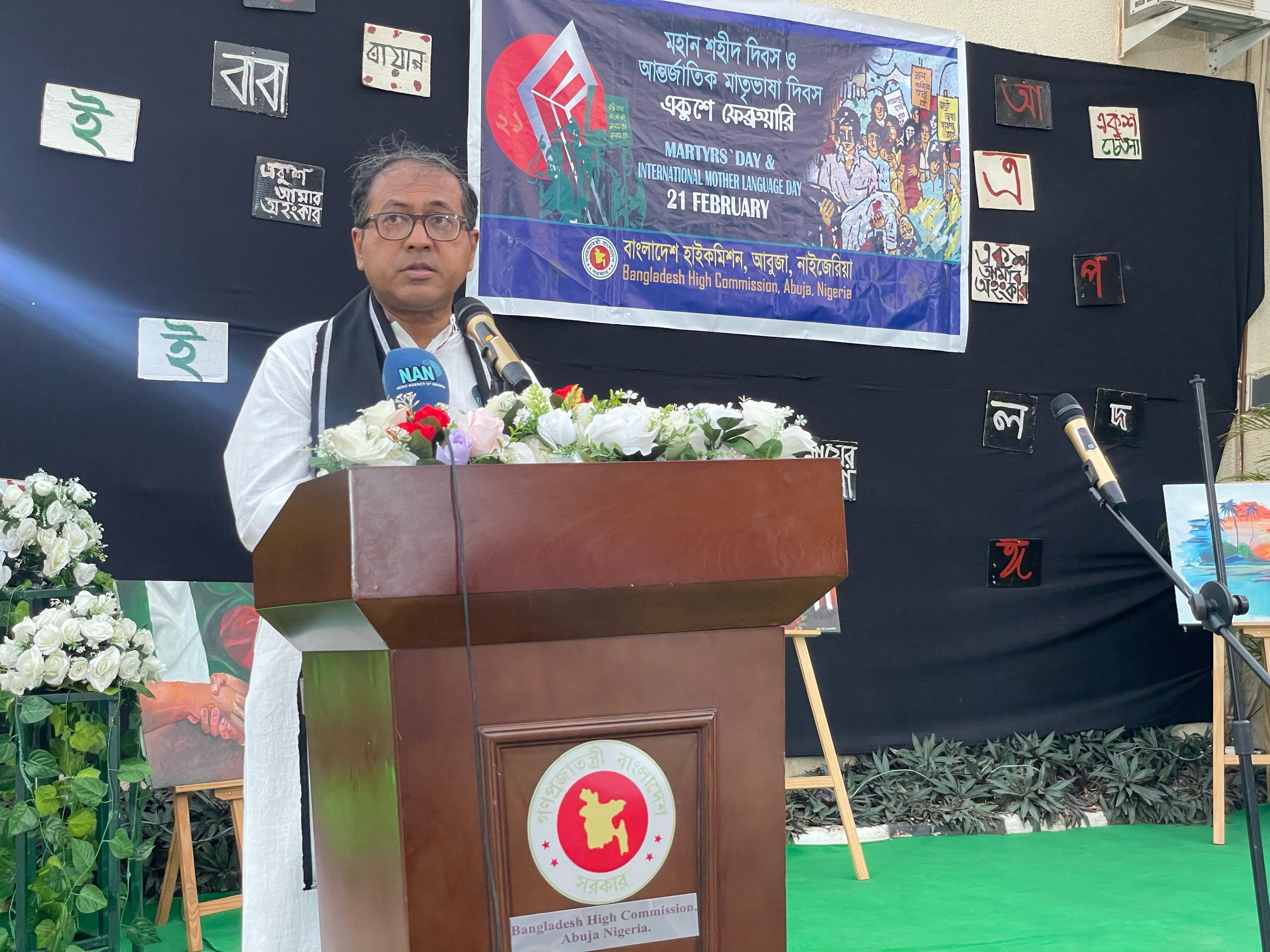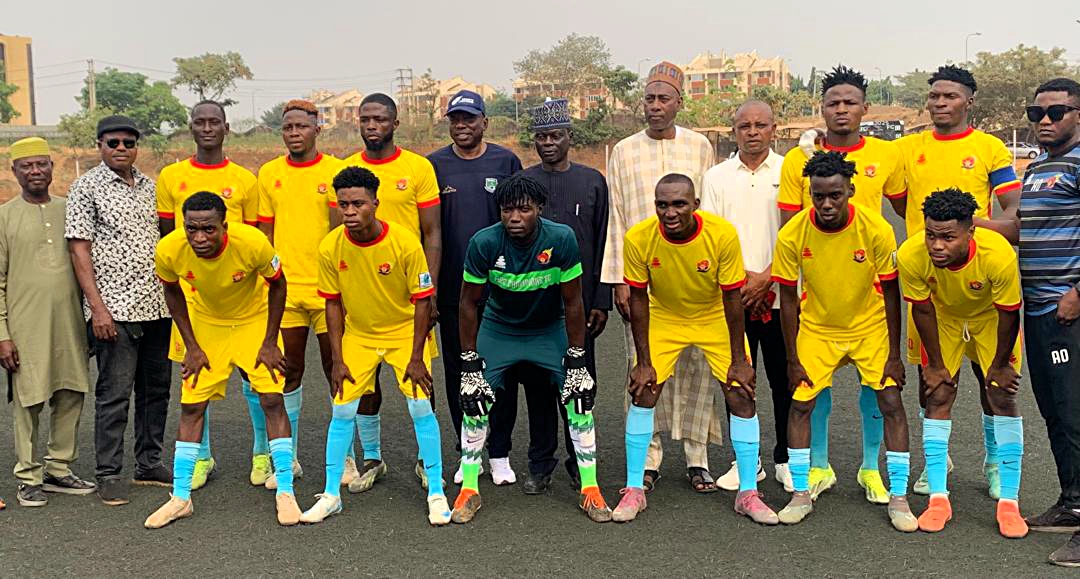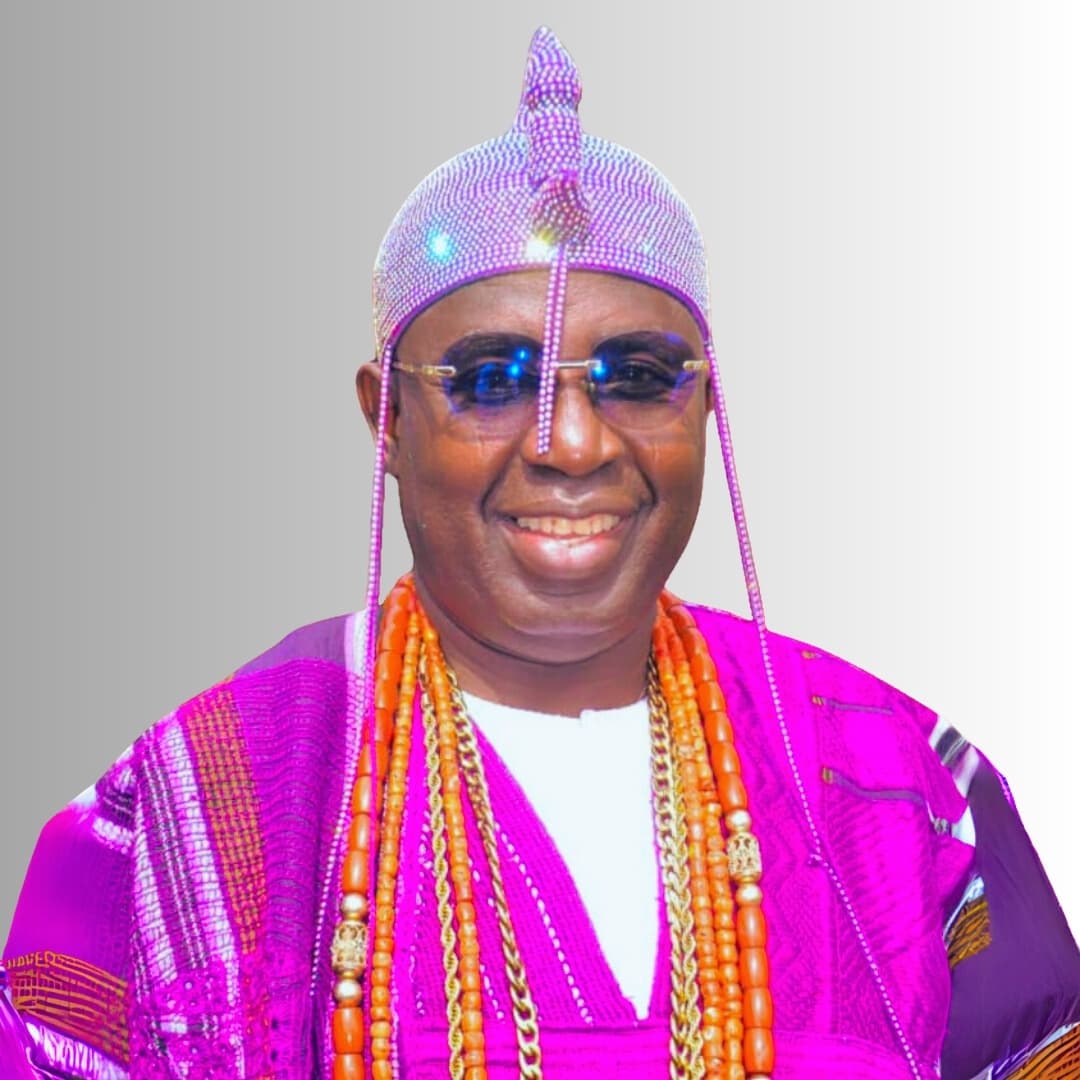Orphanages association decries weak implementation of child rights
By Martha Agas The Association of Orphanages and Home Operators in Nigeria (ASOHON) has decried the weak implementation of the Child Rights Act, 2003, which hinders foster care in some parts of the country. The National President, Rev. Gabriel Oyediji, highlighted these challenges on Friday in Abuja during the openingContinue Reading






